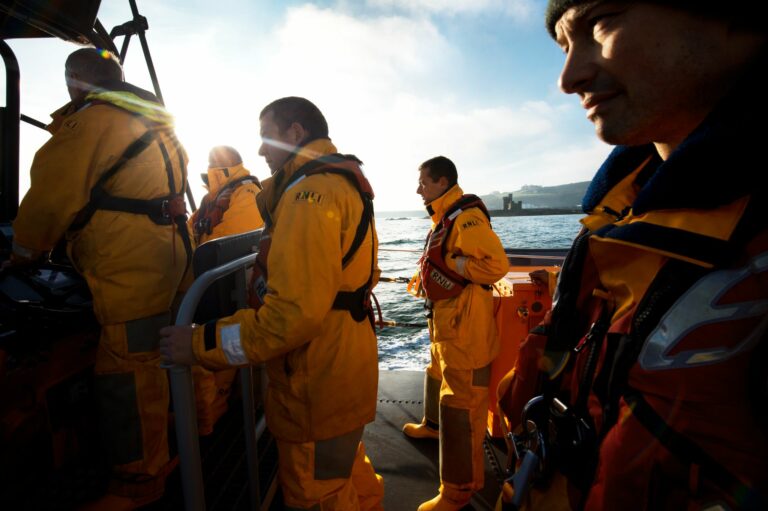The Royal National Lifeboat Institution (RNLI) celebrates 200 years of saving lives at sea today (4 March) – thanks to volunteers giving their time to save others, and all funded by public donations.
And during the most recent third of those two centuries, many UK scuba divers have had cause to be grateful for the lifeboats, which is why it is one of divers’ favourite charities.
How many divers have been rescued? Accurate statistics are difficult to obtain, says the RNLI, but one indication is that in 2020 alone, a year in which diving activities were severely curtailed by the Covid pandemic, the lifeboats still launched 17 times specifically to help divers in difficulties.
What we do know is that the RNLI’s volunteer lifeboat crews and lifeguards have now saved a total of 146,277 lives – which is an average of two a day.
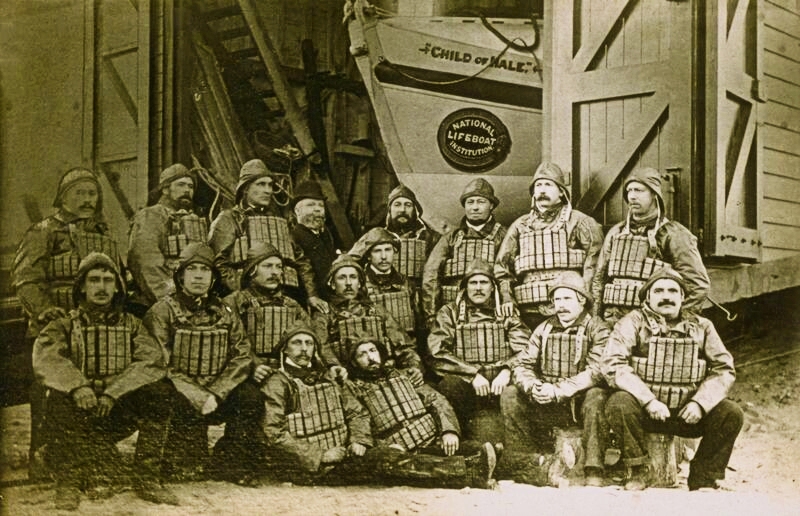
Since the RNLI was founded in a London tavern on 4 March, 1824, its crews have launched the lifeboats 380,328 times. Meanwhile its lifeguards – who became part of the charity’s lifesaving service in 2001 – have responded to 303,030 incidents on some of the UK’s busiest beaches, with 2,000 lives saved.
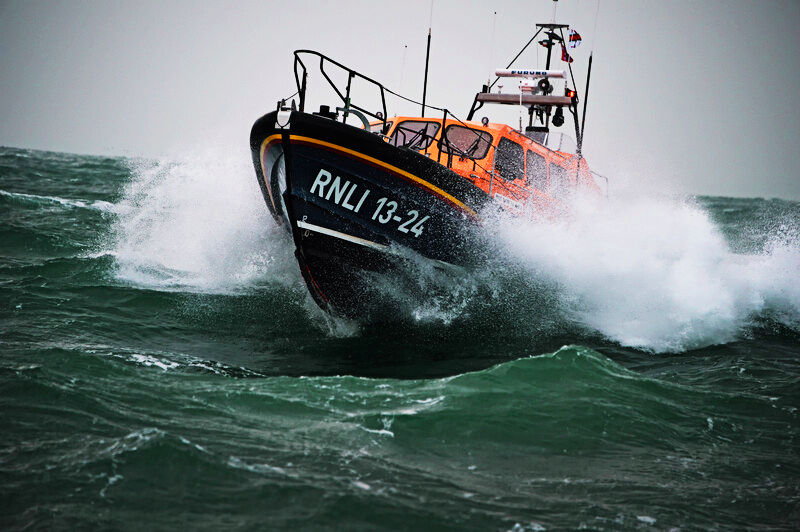
“Two centuries have seen vast developments in the lifeboats and kit used by the charity’s lifesavers,” says the RNLI. “From the early oar-powered vessels to today’s technology-packed boats, which are now built in-house by the charity; and from the rudimentary cork lifejackets of the 1850s to the full protective kit each crew-member is now issued with.”
The RNLI says that its reach and remit has also developed over the two centuries. Today it operates 238 lifeboat stations around the UK and Ireland, including four on the Thames, and has seasonal lifeguards on more than 240 UK beaches. It designs and builds its own boats and runs domestic and international water-safety programmes.
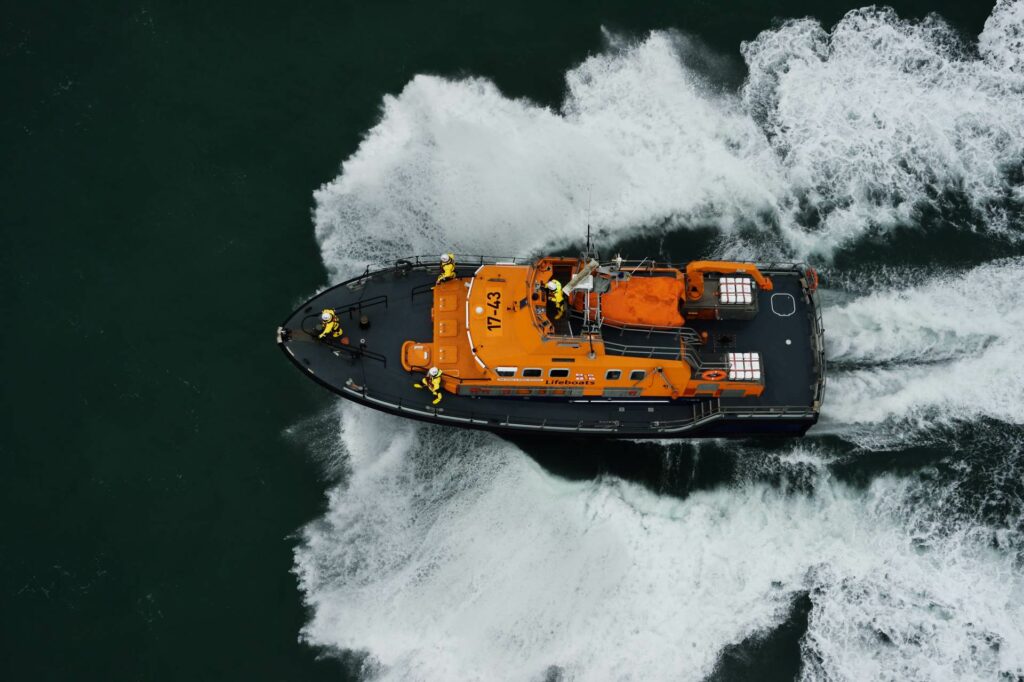
“For a charity to have survived 200 years based on the time and commitment of volunteers, and the sheer generosity of the public donating to fund it, is truly remarkable,” said RNLI chief executive Mark Dowie.
“It is through the courage and dedication of its incredible people that the RNLI has survived the tests of time, including tragic losses, funding challenges, two World Wars and, more recently, a global pandemic.
“We remember the achievements and commitment of all those who have been part of the RNLI family over the past two centuries; we celebrate the world-class lifesaving service we provide today, based on our 200 years of learning, expertise and innovation, and we hope to inspire future generations of lifesavers and supporters who will take the RNLI into its next century and beyond.”
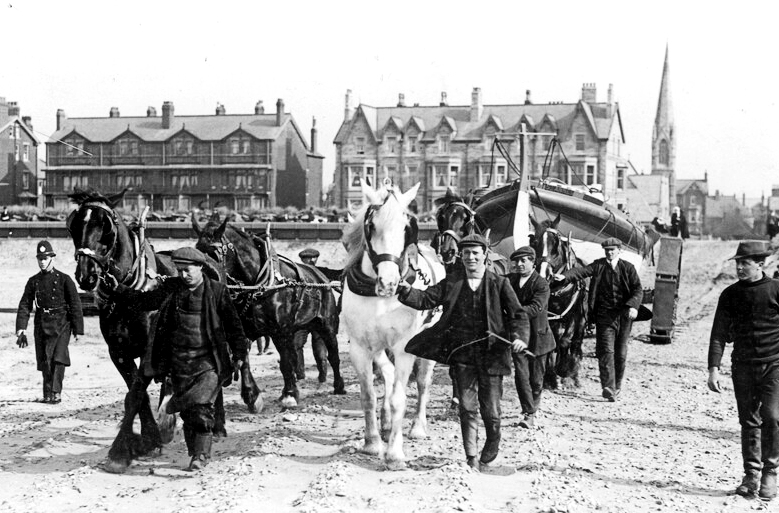
Historic achievements
“The RNLI’s founder, Sir William Hillary, witnessed the treacherous nature of the sea first-hand when living on the Isle of Man, and he wanted to take action,” says heritage archive & research manager Hayley Whiting.
“His first appeal to the nation in 1823 did not have the desired result but, thankfully, he persevered and gained the support of several philanthropic members of society, who put their names to the charity at a meeting in the City of London Tavern on 4 March. 1824.
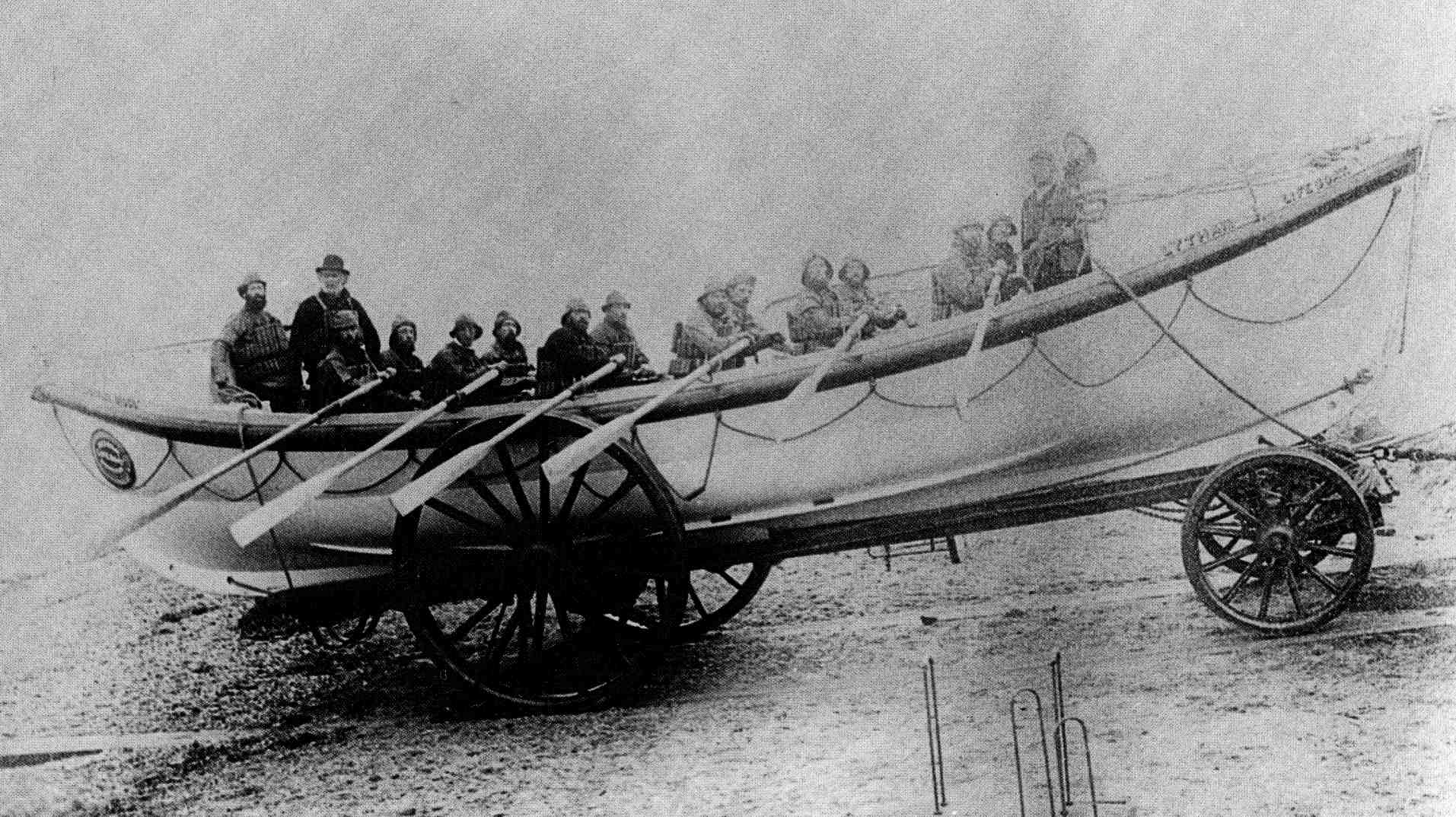
“Twelve resolutions were passed at that meeting, the core of which still stand as part of the RNLI’s Charter 200 years later. This shows how the RNLI’s values and purpose have remained unwavering for 200 years, despite the social and economic changes and challenges of the past two centuries.
“Hillary’s vision was ambitious and forward-thinking, and no doubt he would be extremely proud to see the charity he founded still going strong today, and to see how much it has achieved.”
In 1861, Whitby lifeboat crew launched six times to rescue stricken vessels in a storm, but on their sixth launch a freak wave capsized the lifeboat and all but one of the crew were lost.
Only one man, Henry Freeman, survived – because he was wearing a new design of cork lifejacket. As a result it became widely adopted by crews.
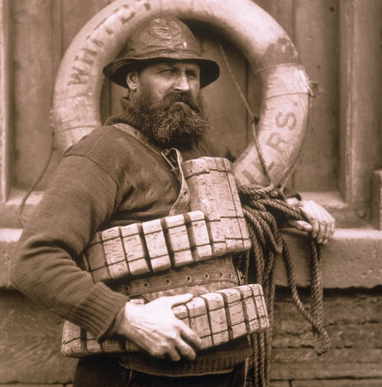
Another innovation followed the deaths of 27 lifeboat crew from Southport and St Annes In 1886, while trying to rescue the crew of the Mexico – the RNLI’s worst disaster. A public appeal was launched by local man Charles Macara, and in 1891 another one raised £10,000 in two weeks.
On 1 October that year, Macara and his wife Marion organised the first Lifeboat Saturday. Bands, floats and lifeboats paraded through Manchester, followed by volunteers collecting money, with more than £5,000 taken on the day. It was the first recorded example of a charity street collection.
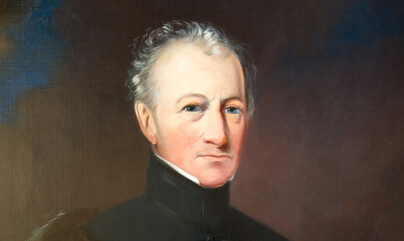
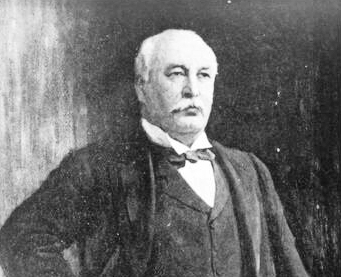
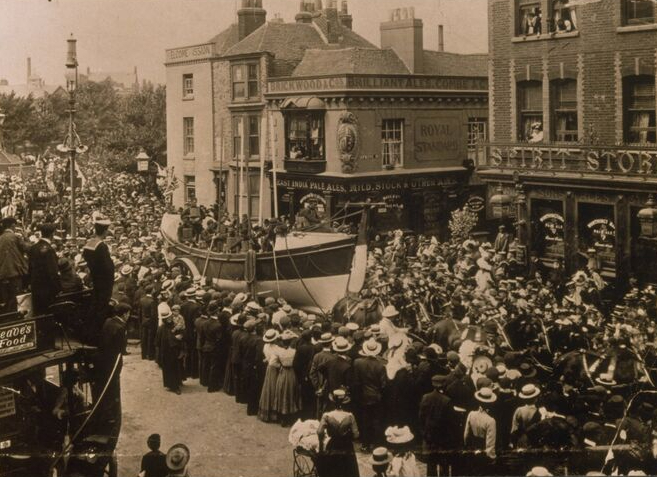
The first motor lifeboat
In 1914 during WW1 144 people were saved when the hospital steamship Rohilla was wrecked on its way to Dunkirk to help wounded soldiers. The ship broke up when it ran aground on rocks near Whitby, and five lifeboats battled terrible seas to reach it, their crews working for more than 50 hours.
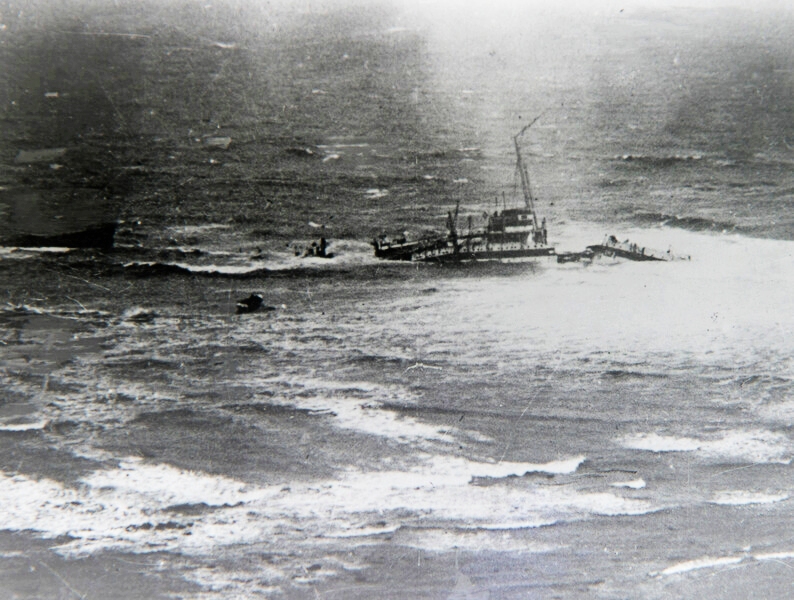
A motor lifeboat from Tynemouth, the first of its kind, took the last 50 people on board, proving its capabilities and becoming widely accepted by crews after the event.
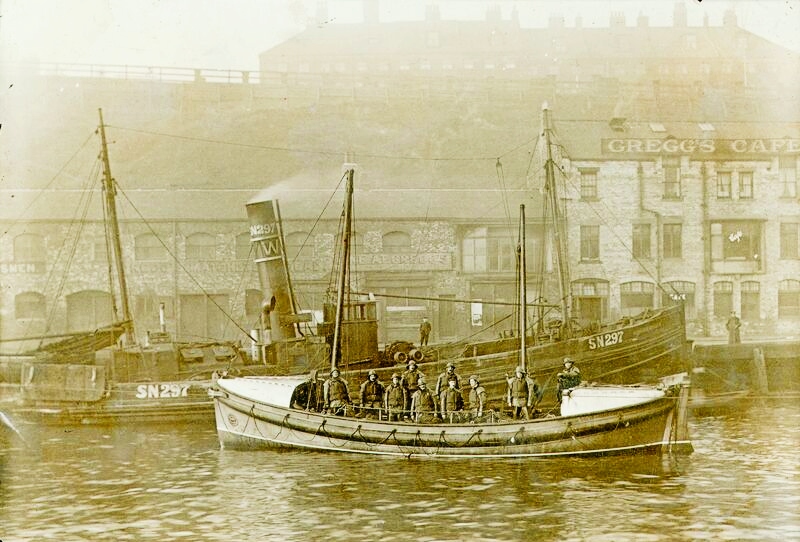
When the war had broken out, many lifeboat volunteers had been called away to fight, causing the average age of crews rising to more than 50. From 1914-18, RNLI lifeboats launched 1,808 times, saving 5,332 lives.
In 1939, young lifeboat volunteers were called away again to war. By the end of the WW2, RNLI crews had saved 6,376 lives around the coasts of the UK and Ireland.
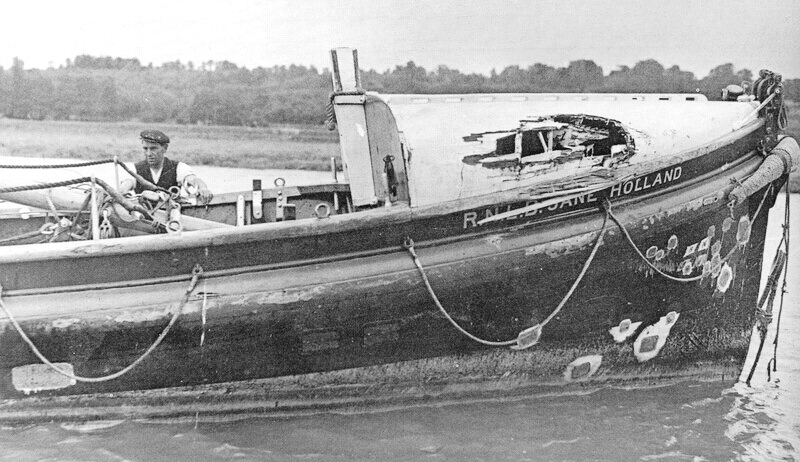
In 1940, 19 RNLI lifeboats were used to evacuate troops from Dunkirk. Two had RNLI crews onboard, while the others were crewed by the Royal Navy. The lifeboats and their stand-in crews saved thousands of lives while being shelled and bombed for days.
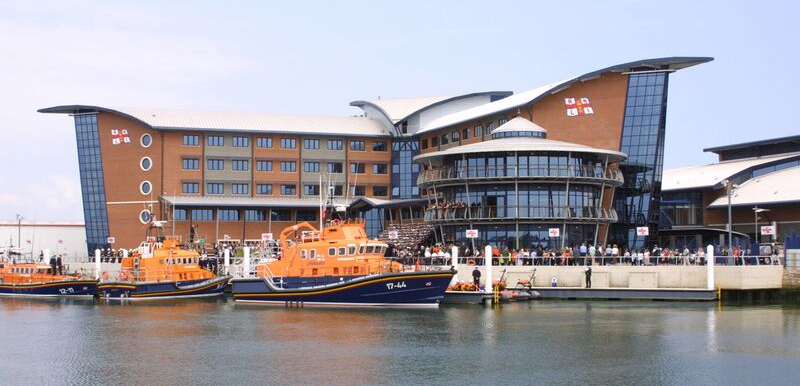
Throughout its bicentenary year, the charity is running commemorative events and activities, while hoping to inspire generations of future lifesavers and supporters.
A thanksgiving service to mark 200 years of the RNLI took place at Westminster Abbey today, attended by representatives from RNLI lifesaving communities. Find further information about the RNLI and its anniversary, while information for divers is also available.
Also on Divernet: Behind the scenes at the RNLI HQ, Wreck-divers turn lifeboat demo into real rescue, Killer whales treat lifeboat crew, Lifeboat crews commended for divers’ rescue
